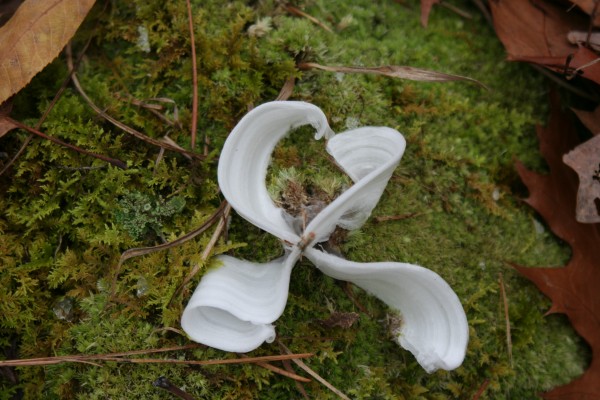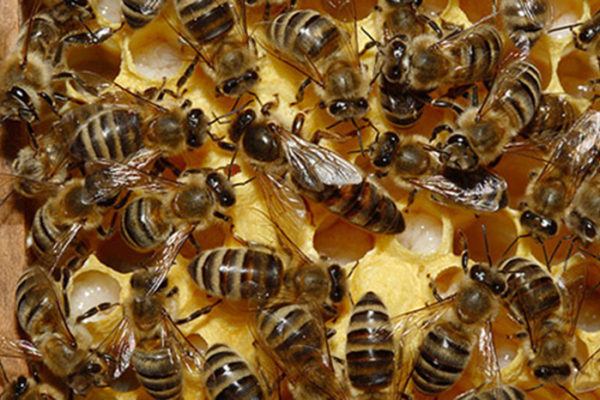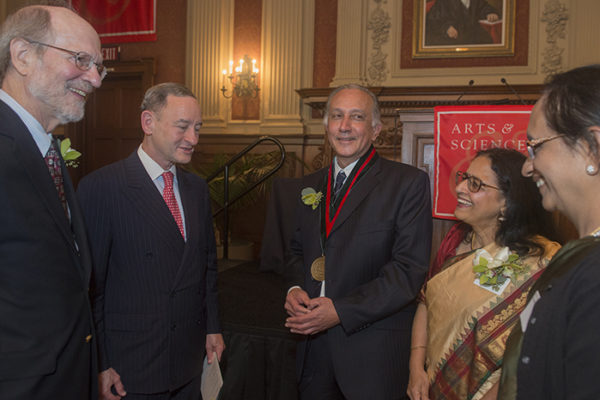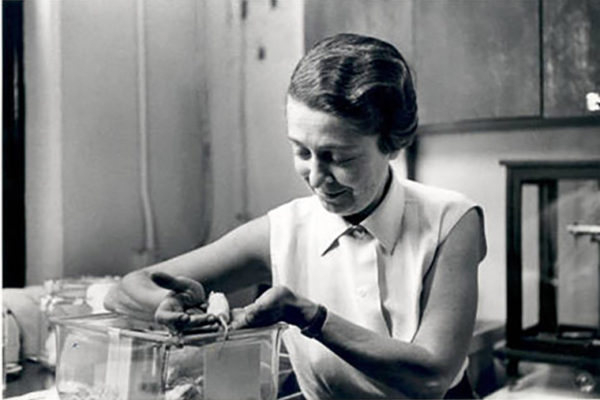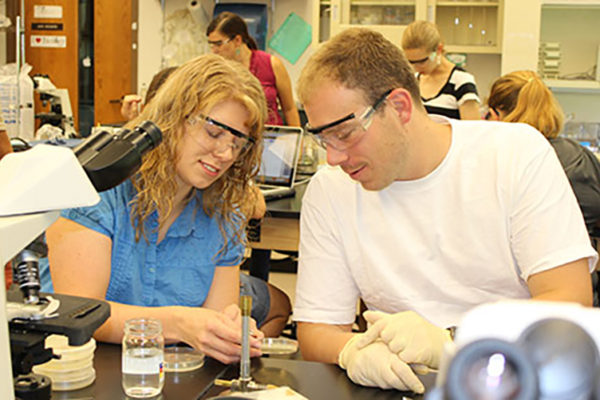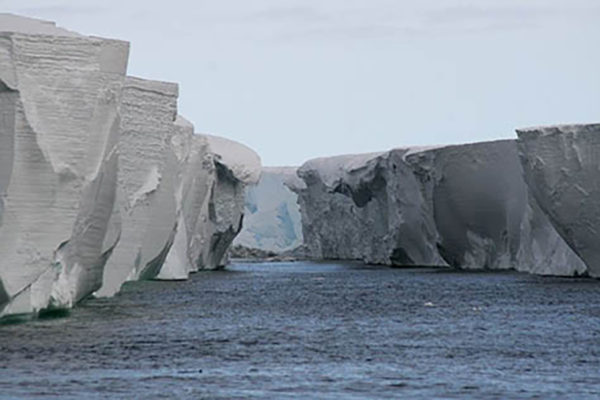WUSTL researchers developing hospital patient early-warning system
A team of Washington University in St. Louis engineers and physicians is combining areas of expertise to prevent hospitalized patients from deteriorating while in the hospital and from being readmitted soon after discharge.
Frost flowers will bloom soon
Alan Templeton, PhD, professor emeritus of biology at Washington University in St. Louis, has an unusual screen saver on his office computer. If you ask him about it, he’ll tell you it is a frost flower, or ice flower. The “flowers” are fleeting natural creations that appear only once or twice in the fall and are seen only by those who rise early and know where to look.
Ignorance is sometimes bliss
Evolutionary biologist W.D. Hamilton predicted that organisms ought to evolve
the ability to discriminate degrees of kinship so as to refine their ability to direct help to individuals with whom they shared the most genes. But two WUSTL biologists point out that there seem to be many cases where “a veil of ignorance” prevents organisms from gaining this kind of information, forcing them to consider a situation from the perspective of all members of their group instead of solely from their own perspective or that of their close kin.
Cowsik installed as James S. McDonnell Professor of Space Sciences
Ramanath Cowsik, internationally recognized for his contributions to neutrino physics and to the understanding of dark matter in the universe, was installed as the James S. McDonnell Professor of Space Sciences in Arts & Sciences in a ceremony Oct. 7 in Holmes Lounge.
Remembering Rita Levi-Montalcini
Members of the
Washington University in St. Louis community will gather at 4 p.m. Tuesday, Oct. 15, in the Ginkgo
Room of Olin Library to remember Rita Levi-Montalcini, one of two women
from the university who won the Nobel Prize. The event, which is hosted
by the Woman’s Club of Washington University, is free and open to the
public.
Efimov research will ‘revolutionize implantable device therapy’
Although an irregular heartbeat is a common malady in the United States, affecting an estimated 5 million people, the treatments for it are limited in scope and effectiveness. Now, Igor Efimov, PhD, at Washington University in St. Louis, is studying a new potential treatment that may be much more effective and less painful for patients.
Connecting high school biology teachers with the latest in science research — and with each other
A master’s degree program at Washington University in St. Louis specifically designed for high school science teachers nationwide is helping them learn techniques for inspiring not only the brightest and most motivated science students,
but also those with other interests. The two-year program through University College in Arts & Sciences offers teachers online courses during the school year and an on-campus summer institute for three weeks each summer.
Climate change expert to speak at Washington University
This year’s Albert P. and Blanche Y. Greensfelder Lecture will focus on climate change and human health. The lecture will be 4 p.m. Friday, Oct. 18, in Simon Hall, May Auditorium. The speaker is Howard Frumkin, DrPh, MD, dean and professor at the University of Washington School of Public Health.
Einstein Public Lecture in Mathematics to focus on social networks
On Saturday, Oct. 19, Jon Kleinberg, the Tisch
University Professor at Cornell University, will deliver the American
Mathematical Society’s 2013 Einstein Public Lecture in Graham Chapel at Washington University in St. Louis. Kleinberg will discuss “Bursts, Cascades and Hot Spots: A Glimpse of Some Online Social Phenomena at Global Scales.” The talk,
which begins at 5 p.m., is free and open to the public.
Weighing the Antarctic ice sheet
The slow rebound of the bedrock as ice melts can be used to weigh the Antarctic ice sheet. Calibrating rebound will make it possible to measure how much mass the has lost since the ice sheets reached their maximum extent more than 20,000 years ago and how much it is currently losing. Two National Science Foundation grants will fund the installation of seismographs to calibrate crucial parts
of the Antarctic ice-weighing machine.
Older Stories

